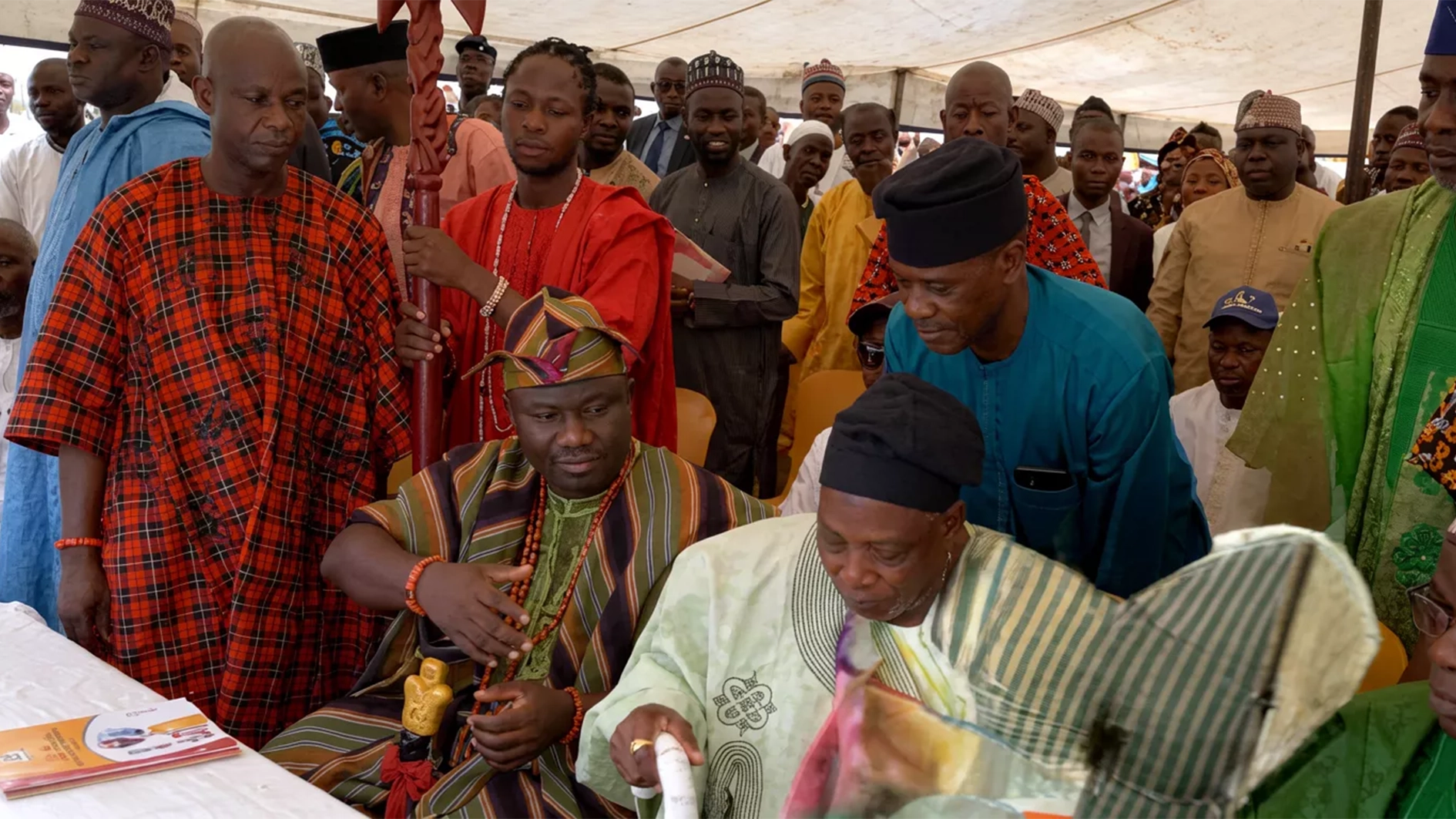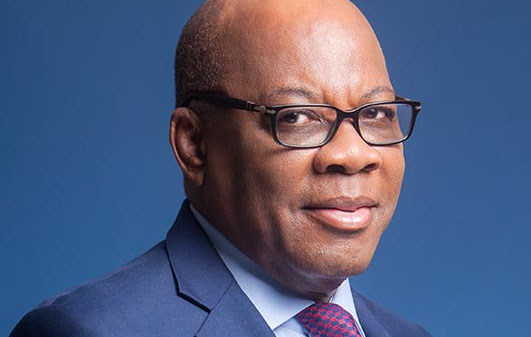Daniel Bwala, Special Adviser to the President on Policy Communication, has suggested that recent claims of Christian genocide in Nigeria are being propagated in response to the country’s diplomatic position on the Israeli-Palestinian conflict.
Speaking to France24 TV in Paris, Bwala said the narrative was influenced by Nigeria’s statement at the 80th session of the United Nations General Assembly (UNGA) delivered by Vice-President Kashim Shettima.
“Exactly. Twenty-four hours after Nigeria condemned the inhumane treatment in Gaza and advocated for a two-state solution, this comedian, Bill Maher, started this campaign of Christian genocide,” Bwala stated.
He described the allegations as a “cooked-up narrative by the West because they see that we are making gains with the economy” and emphasised that they rely on a report by Intersociety, which he claimed contains multiple “contradictions.”
Bwala acknowledged the security challenges facing Nigeria but stressed that these issues are being addressed by the government.
“We admit there is insecurity in Nigeria, which we are dealing with,” he said.
“Those differentiating victims of insecurity based on religion want to create religious war. We strongly object to the notion that there is systematic genocide in Nigeria.”
He added that the claims have been amplified by certain US political figures, including Senator Ted Cruz and Representative Riley Moore, who have urged diplomatic action against Nigeria.
Bwala insisted that these positions overlook the broader context of Nigeria’s foreign policy stance and domestic security efforts.
The adviser also noted that the country’s position on Gaza, as articulated at UNGA, sought a peaceful resolution through a two-state solution, emphasising that Nigeria spoke as a neutral party advocating for human rights and dignity.
“From our perspective, the Christian genocide narrative is less about facts on the ground and more about political posturing in response to Nigeria’s independent foreign policy,” Bwala concluded.






